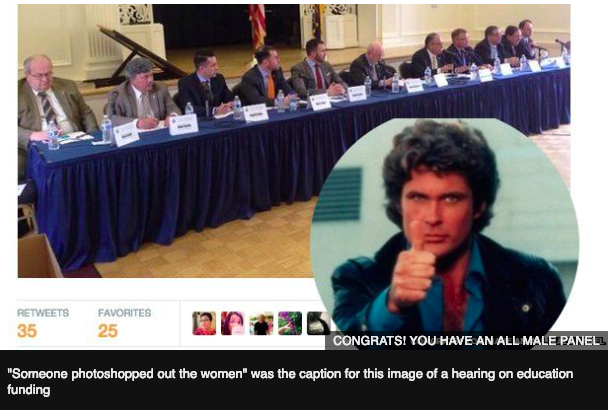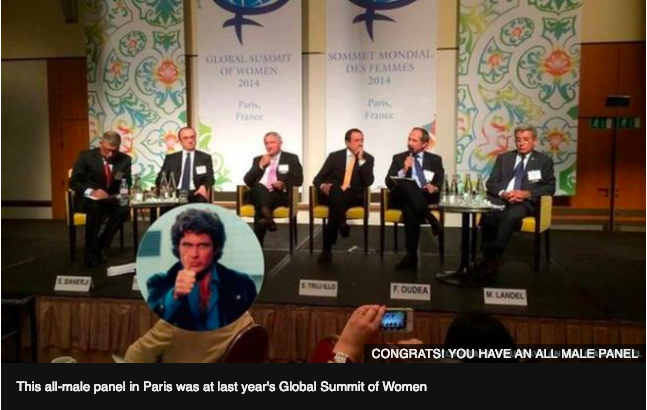 The journal Nature offers advice to and from male scientists in “How some men are challenging gender inequity in the lab: Offering support to female colleagues can trigger a culture change that makes science and engineering more equitable for all.”
The journal Nature offers advice to and from male scientists in “How some men are challenging gender inequity in the lab: Offering support to female colleagues can trigger a culture change that makes science and engineering more equitable for all.”
For advice on the questions above, click on the article. To see more of David Hasselhoff, read here (note the article is form 2015) and check out our archived post.
Here I’ll excerpt from another of the six scientists quoted: Paul Walton, bioinorganic chemist at University of York, UK. His advice is all about systemic changes that rely on data and transparency to even the playing field.
. . . The first message is that equity does not come at the expense of quality. The second is that gender inequality is not just a problem for women to solve — we should all be involved. And the final message is that equity can be achieved.
As a department, we’ve applied peer-reviewed findings about unconscious bias to day-to-day activities such as meetings, awarding promotions and short-listing candidates for open positions. At the beginning, we had a gender bias in our shortlists, so we brought in colleagues to observe the hiring process. They would watch their peers, not the candidates, and then describe the ways in which the selection committee were showing unconscious bias. For example, an observer might record that one faculty member made, on average, ten positive comments for each male candidate, but only five for female candidates.
This was extraordinarily powerful in helping us to change how we behaved. The department also realized that there was a big gap between what men and women knew about the requirements for promotion. To help to fill that gap, we publish depersonalized information internally about what each person has achieved by the time they are promoted.
We have also become more transparent about pay by annually publishing the differences in median pay for men and women in various roles, including professors and technicians, and then showing how any gaps are varying with time. That was successful because we pushed to get the data and publish them.
My motivation is fairness. Women in senior roles often explain that they don’t want to be promoted on the back of gender equity efforts, because it devalues their achievements. But research has shown that for a woman to receive the same rewards as a man, she has to put in more work. Across many types of organization, I estimate that women have to put in 20–40% more effort. This means that men achieve amid a sea of disadvantage against women.
As a man, I don’t want to achieve against a background of unfairness. I want to achieve on a level playing field — so I feel that what I’ve earned is fair, too.
These problems exist for women everywhere. It doesn’t matter which country, university, discipline or culture, or what time it is.
Images: https://www.bbc.com/news/blogs-trending-32789580
